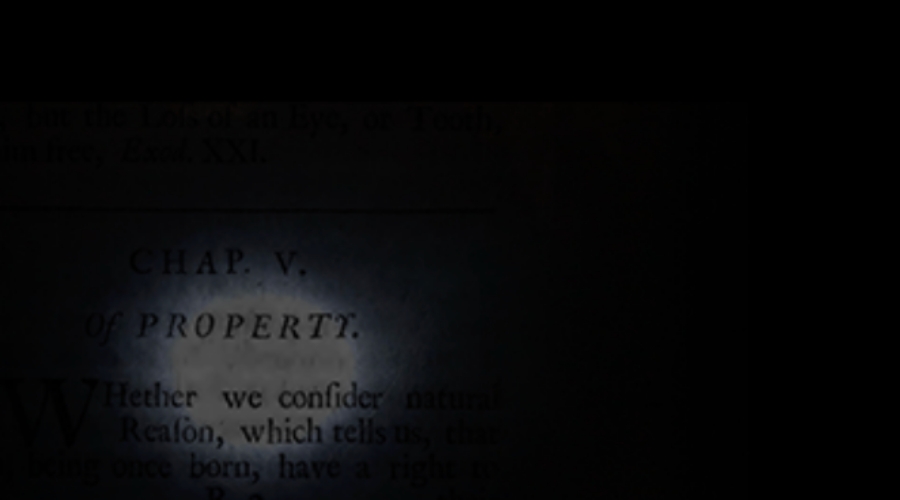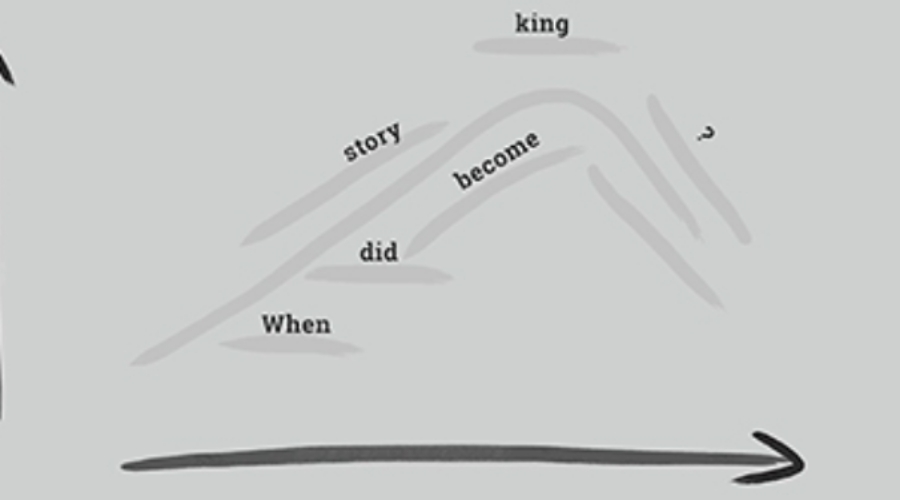Reading

How Does It End? Story and the Property Form
Brett Story
Prompt 1
“I understood the critique and the context from which it emerges. Documentary has from its very origins yielded to some of the worst impulses of racism and classism, cultural appropriation and exploitation of the marginalized, and it continues to do so with unacceptable frequency. A preference for social victims that dates back decades and continues to be a staple of the realist documentary today has underwritten, systematically, the pernicious exploitation of less powerful communities under the guise of a documentary’s social good. People make incomes and careers producing films about communities they are not a part of, do not understand well, and are not accountable to. The stakes and vulnerabilities attendant to documentary’s real world subjects tend then to be unevenly distributed, with the risks borne by those on screen and any benefits accrued mostly to the filmmakers or their distributors.”
Prompt 2
“Holding story up against the property form and scrutinizing their likeness reminds us that just like property, story is neither natural nor inherently valuable. Its reification as such, however, might just tell us something about the current state of the documentary field, the aesthetic and cultural consequences of documentary’s growing share of the entertainment marketplace, and the political costs of issuing documentary critique through the circumscribed frame of individuated property rights.”
Themes
Extraction, property, story, the documentary marketplace, personal experience.







